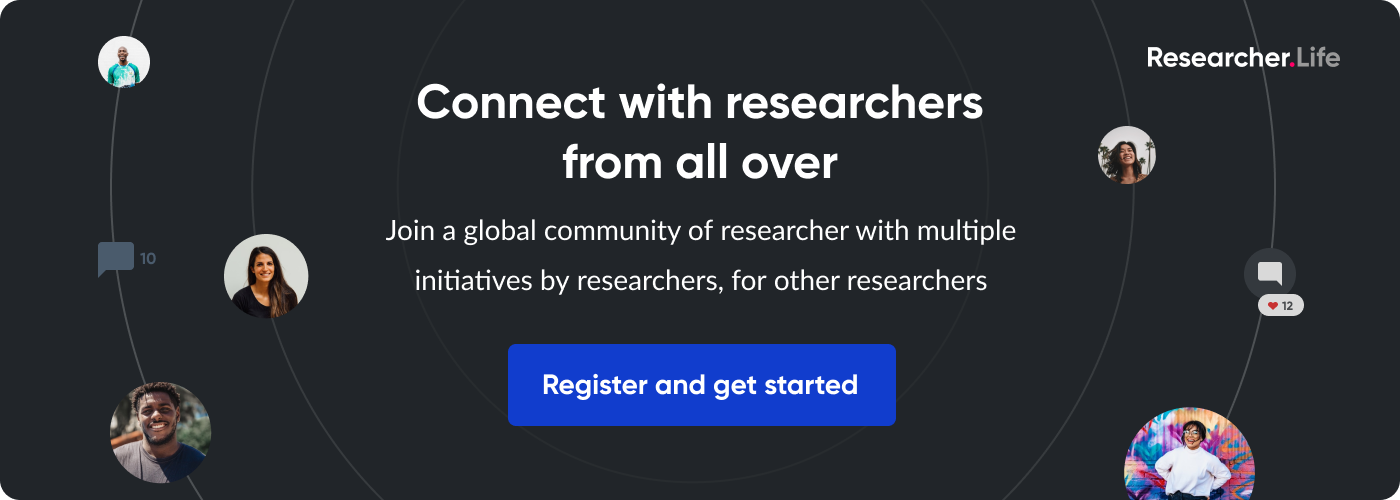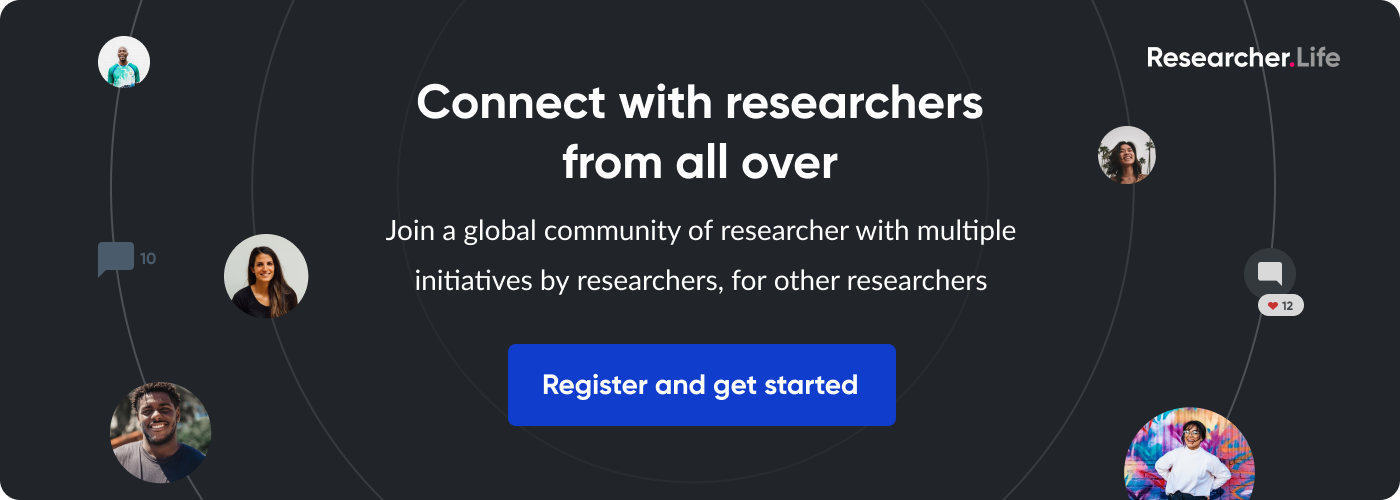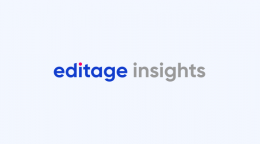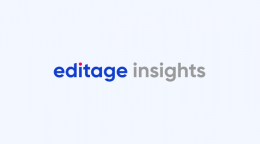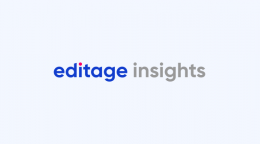How predatory scientific conferences prey on researchers: A case study

Case: An early-career researcher from a developing country received an email invitation to speak at an international conference. The researcher was elated at the opportunity as this would be his first time presenting at an academic conference. The email spoke highly of his work and also offered to publish his article in an international journal once it was completed. In addition, the conference was scheduled to be held at a beautiful tourist destination and the researcher was offered a sightseeing tour of the place as part of the package.
Although the conference was expensive, the researcher found the proposition extremely attractive and decided to register. However, before doing so, he checked the conference website and was happy to see the names of some reputed scholars from his field in the list of presenters. Reassured, he went ahead and registered for the conference.
A few days later, he received an email from the conference organizers informing him that the conference had been called off due to unavoidable circumstances. The researcher repeatedly requested a refund of the registration fee, but he received no response. The researcher then approached Editage Insights for help.
Action: On looking up the conference website, the first thing we noticed was that the scope of the conference seemed too broad: it covered a lot of diverse disciplines. While the name of the conference included the word “interdisciplinary,” covering disciplines that are incredibly diverse seemed rather strange.
We also found that the members of the organizing committee included some reputed scholars from different fields. Incidentally, one of them, a senior editor of a reputed journal, had a previous association with Editage Insights, so we decided to write to him to seek help. However, the editor replied that he had no knowledge about this conference and was definitely not a member of the organizing committee. This confirmed our suspicions that the conference was a predatory one.
Having handled cases like these before, we knew that it was unlikely that the researcher would receive a refund. However, as a final attempt, we helped the researcher frame a strong email to the conference organizers demanding a refund. The researcher received a brief response to this email stating that while it was not possible to refund the amount, he could attend another conference that was likely to be held in a couple of months. We advised the researcher against attending it as it was likely to be a waste of time. We explained that it would be best for him to take this as a learning experience and be more careful when registering for conferences in the future.
Summary: Like predatory journals and publishers, predatory conferences are organized by for-profit companies who dupe researchers into paying a hefty sum to present their research or simply attend the conference. Most of these fake academic conferences spam researchers’ inboxes with invitations to attend/present at these meetings. In most cases, the work to be presented is accepted in a short time as the submissions are not usually peer reviewed.
In addition, predatory conferences often use the names of senior academics on their organizing committees without informing them or seeking their permission. Fake conferences are poorly organized and have some common factors: usually the attendance is low, sessions get cancelled, submissions are withdrawn, and poor-quality technical programmes are used. Overall, the experience is not worth the high registration fees they charge. Sometimes, the entire conference gets cancelled and the fees are never refunded. Early-career researchers are more likely to fall prey to dubious conferences as they are usually keen on getting an opportunity to attend/present at a conference.
Thus, it is important for researchers to be able to identify predatory conferences. Here are some indications of low quality, fake, and predatory conferences:
- They typically cover several research fields and often have generic names that include words like “international,” “interdisciplinary,” etc.
- They use email invitations to solicit papers and registrations and send multiple emails. They often use free email accounts rather than organizational email addresses; for example, xyzconference@gmail.com.
- Information about the conference organizers is unclear or missing from the conference website, or the organizers are not a well-known and reputable.
- Abstracts submitted for conference presentations are accepted quickly (generally in a few weeks’ time).
- The destination where the conference is to be held is promoted more than the content of the sessions.
- The conference promises a large number of rewards/offers/attractive packages.
- The conference guarantees paper publication.
Thus, researchers should diligently check all details before registering for an academic conference. They should preferably attend conferences that are organized by scholarly societies and ones that their colleagues or professors have heard of or attended.
Think. Check. Attend. is an initiative that provides guidelines to help researchers differentiate between an authentic conference and one they should avoid. It is based on a simple checklist that researchers can use to choose the right conference to attend and/or present their research. Researchers should use this checklist to judge whether the conference they are planning to attend is a legitimate or a fake one.
Have you ever been duped into attending a questionable conference? Have you received spam emails inviting you to attend a conference? Do share your experience in the comments section. Your experience will warn other researchers and help them avoid falling prey to these questionable conferences.
Related reading:
Published on: Aug 02, 2018
Comments
You're looking to give wings to your academic career and publication journey. We like that!
Why don't we give you complete access! Create a free account and get unlimited access to all resources & a vibrant researcher community.

Subscribe to Journal Selection




